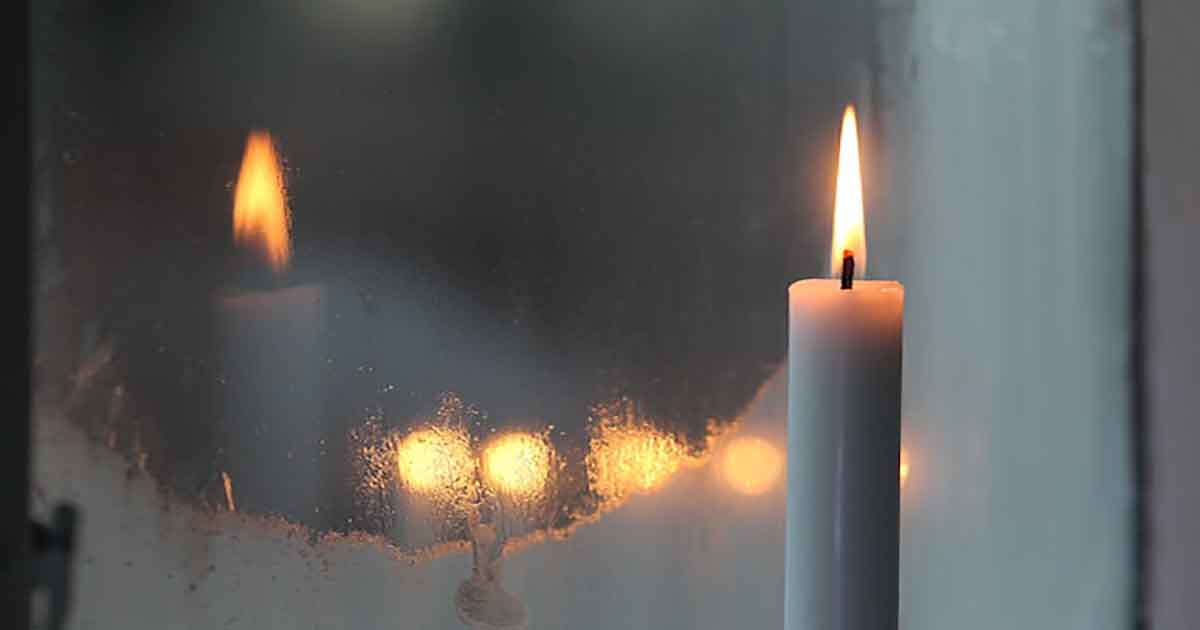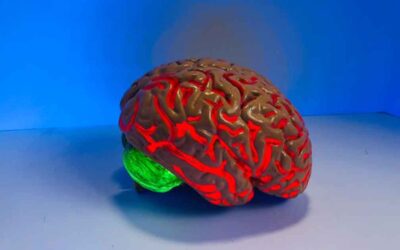Islam lays much stress on the point that man should pay full attention to the basic role of correct and wise thinking and knowledge in his life and that he should realize that his salvation depends on this path of pure and clear thinking and wisdom.
In this respect the Qur’an says: “Give good news to our servants who hear advice (and reflect carefully on it) and follow the best thereof. Such are those whom Allah has guided. They are the people of understanding”. (Quran, 39:17 – 18).
In many other verses the Qur’an has repeatedly addressed – `the men of understanding’, `the people who think’, `the people who understand’ and `the people who remember’ and it wants them to be wise, sensible and thoughtful to think correctly and not to fall into the pitfalls and fallacies on the path of intellect and wisdom.
Islam requires man to put his ever–increasing intellectual and creative power into action, to bring about necessary changes in his natural and social environments and to create new useful things so that he may become more equipped to ensure a better and decent life for himself as well as for other human beings and should not submit straightaway to the existing realities. Hence, in the eyes of Islam, man is required to incline towards his goal rather than to the existing realities.
Man of Islam
The most interesting part of the Islamic Outlook on the world is concerned with man and the Qur’anic view about this eminent being. From the Qur’anic point of view, man is not a natural being, i.e. like other natural things it does not have to follow a fixed and unalterable course and career.
Man — the self–maker and the selector
The Qur’an considers man to be a being having the responsibility of self–making. In this respect he has a divine role. Partially he is a material being and partially a divine one. In the words of the Qur’an man has been made of clay, but divine spirit has been infused in him. In his various capabilities of being good and bad have been intermingled. He has been endowed with the power of exercising his will and choosing his way.
The Qur’an says:
“Indeed We have created man from the union of sperm and egg to test him. We gave him the faculties of bearing and seeing. We have shown him the right path. Now it is up to him to be thankful or thankless”. (Quran, 76:2 – 3).
Man has more intellectual capacity than any other living being. From the point of view of gaining knowledge, he is far ahead of even angels. In the beginning of his genesis man learnt things which were unknown to them.
The Qur’an says:
“He taught Adam all the names, then He presented those to the angels and said: Tell Me the names of these, if what you say is true. They said: Glory is to You! We have no knowledge except that which you have given us. You alone are All-Knowing, Wise. Then He said: O Adam! Tell them their names, and when he told them their names, Allah said: Did I not tell you that I know the secrets of the heavens and the earth?” (Quran, 2:31 – 32).
Man has the big advantage of having a vast field in which he can secure power by gaining knowledge. He has the practical ability of executing his desires. He is also able to choose his way and direction. Thus the Creator of the world has made him superior to most of His other creatures.
“Surely We have honored the children of Adam. We carry them on the land and the sea. We have provided them with good things, and have definitely given them superiority above many of Our creatures”. (Quran, 17:70).
Big trust
The 72nd verse of the chapter al–Ahzab describes those powers with which man has been endowed as a big and valuable trust, worthy of man alone. It is he alone who could hold it. Otherwise in spite of all their grandeur, the heavens, the earth and the mountains had declined to take such a responsibility.
The Qur’an says:
“We offered the trust to the heavens and the earth and the mountains, but they shrank from bearing it and were afraid of it. But man assumed it”.
Human personality
The personality of man depends on his holding this big divine trust, viz. the ability of choosing his way of conduct. His well–being depends on utilizing this power to the best advantage. The human society is human only so long as in it everybody is free to think for himself and choose the way of life he deems to be the best.
If a man thinks as others want him to think and does as others want him to do, he is no longer a man. He is only a thing which lacks human will and independent personality. If his actions are to be planned by others, he can neither be a planner nor a chooser.
The biggest and the most painful degradation which man of this century has suffered as a result of the modern mechanized life is that he has been deprived of his humanity and turned into a mere cog of the elaborate and huge mechanical devices.
In many cases the economic value of his job is far less than that of the machine beside him.
More than anything else it was the material philosophy which paved the way for such a humiliating situation. But at last the trust which is held by him has stirred the man of this century who is now trying to dislodge the yoke of the slavery of machines from his neck.
In the present state of half sleep and half awakening he is on the lookout of an intellectual and social system which may help him regain his human dignity.
Human liberation
From the Islamic point of view the only way for man to get out of his present predicament is to get rid of his egoism and should worship Allah. A man who thinks only of his material desires, whose efforts are concentrated on having better food, better clothing and better facilities to enjoy this worldly life, is considered to be the slave of his own desires and can never be a free man.
He can easily be enticed and then dominated by those who can put the means of enjoyment at his disposal. But if a man is God–loving who seeks the pleasure of Allah more than anything else, he can keep his passions under control and satisfy his desires with moderation, without becoming a slave of them.
Such a man can surrender his desires, if necessary, to gain the pleasure of Allah, whose pleasure is more valuable than everything else. Allah will recompense him for his sacrifice in a better and purer way in the eternal world.
The Qur’an says:
“Alluring for people is the love of the joys that come from women, sons, boarded heaps of gold and silver, horses of mark, cattle and plantations. All this is the comfort of this worldly life, but with Allah is a far better abode. Say, shall I tell you something better than that? For those who practice piety, with their Lord are Gardens underneath which rivers flow. They shall abide in them forever, and shall have spouses purified and Allah’s grace.
Allah watches over His slaves. Those who say: Our Lord! We do believe. So forgive us our sins and save us from the punishment of the Fire. Who exercise patience, speak the truth, who are devoted in prayers, spend their property in the cause of Allah and pray for pardon in the watches of the night”. (Quran, 3:14 – 17).
A religious man is naturally interested in all the good things in this as well as in the next world. But for him the pleasure of Allah is above everything else. The Qur’an says:
“Allah bas promised the believers, both men and women, Gardens underneath which rivers flow, and in which they shall abide. He has promised them nice dwellings in the Gardens of Eden. What is more, Allah shall be pleased with them. That is the supreme achievement “. (Quran, 9:72).
In fact a self–renouncing and devout man loves Allah more than anything else.
“Yet there are some who take for themselves objects of worship beside Allah, whom they love as they should love Allah; but those who believe, love Allah more ardently”. (Quran, 2:165).
The best sign of the love of Allah is this that for gaining His pleasure a man should be always ready to sacrifice his life, his wife and children, his hearth and home and his wealth and assets, for none of them could take the place of Allah in his heart.
Bond with eternity
Such a man never finds himself lonely, perplexed and without dignity. He feels to be attached with an everlasting bond to eternity, majesty and perfection. He feels to be a being who can never be annihilated and even whose death is the beginning of a new era of life.
References
The following sources are used to prepare the above article.
1. Dr. M. H. Behishti, Dr. M. J. Bahonar, Philosophy of Islam, Islamic Seminary Publications (1984)





0 Comments